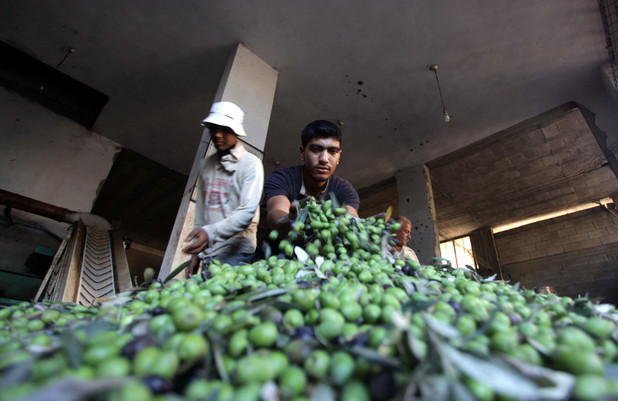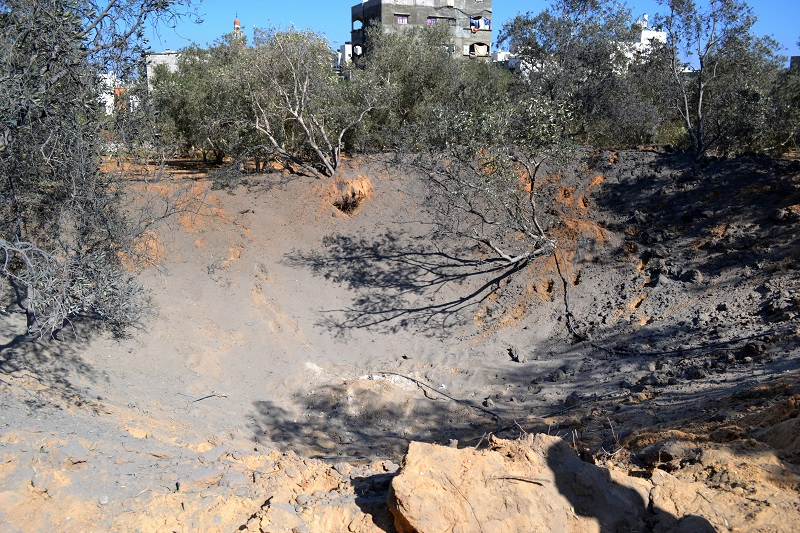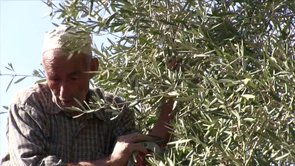Tag: olive harvest 2013
-
Gaza farmers succeed in tending to olive harvest — with international support
16th November 2013 | The Electronic Intifada, Joe Catron | Gaza City, Occupied Palestine During the recent olive harvest, which lasted from the end of September through October, dozens of Palestinian volunteers joined farmers in their groves near the tense barriers of the Gaza Strip. The volunteers worked during a week at the height of the harvest season, from…
-
Settler intimidation in Kafr Qalil
24th October 2013 | International Solidarity Movement, Nablus Team | Kafr Qalil, Occupied Palestine Yesterday, Wednesday the 23rd October, a Palestinian farmer and his family were olive picking in Kafr Qalil together with international activists. Close to the fields is the illegal settlement of Bracha and one settler aggressively intimidated the farmer until he left the area.…



